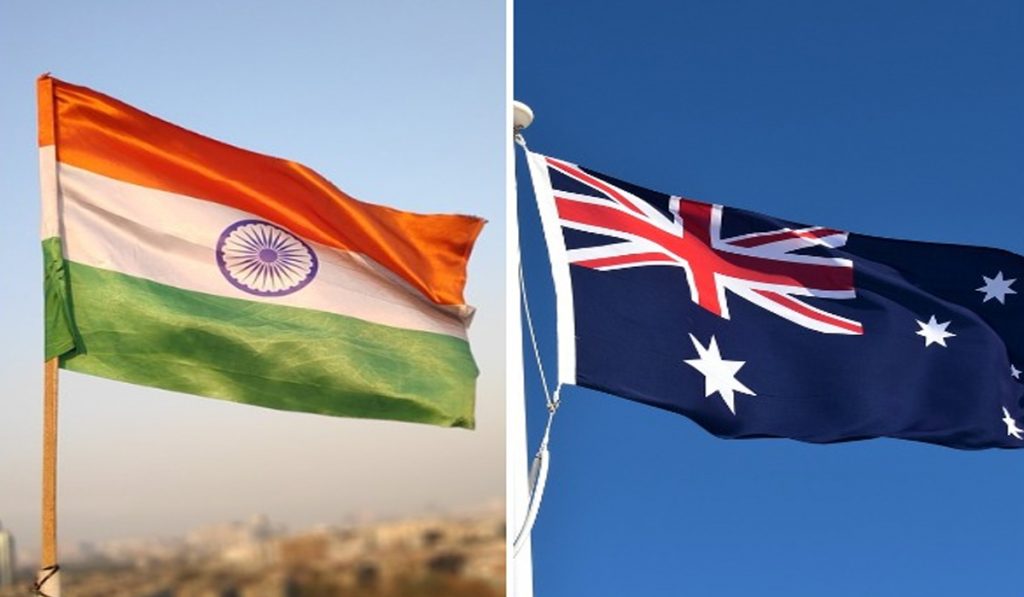New Delhi: The Australian government has invited public submissions as it prepares a new roadmap for the country’s closer economic engagement with India. The roadmap will not only take stock of Australia’s existing economic initiatives with India but also explore innovative ways of doing more together.
“There has never been a better time to engage economically with India: already the most populous country in the world, India’s economy is growing at pace. In 2023, India was our fourth-largest export market and is on track to be the world’s third-largest economy by the end of this decade. Australia is well positioned to both benefit from and contribute to India’s growth story – if we target our efforts wisely,” believes Australia’s Department of Foreign Affairs and Trade (DFAT).
The Department mentioned that work on both sides in recent years has delivered results, including through the Australia-India Economic Cooperation and Trade Agreement (ECTA), the opening of a Consulate General in Bengaluru – which was matched by India’s in Brisbane – and the establishment of the Centre for Australia India Relations. Alongside this, the next stage of trading relationship, the Comprehensive Economic Cooperation Agreement (CECA), is currently under negotiation between the two countries.
As the relationship between Quad partners continues to expand both strategically and economically, DFAT detailed that there have been as many as 23 Australian ministerial visits to India and 15 Indian ministerial visits to Australia since May 2022.
Besides the “high tempo of senior Ministerial visits,” the India-Australia 2+2 Foreign and Defence Ministerial Dialogue, the annual Foreign Ministers Framework Dialogue, joint hosting of the Indian Ocean Conference in February 2024, and working closely on the Quad initiatives have been the highlights of partnership between India and Australia.
“Our partnership with India will be crucial to the Albanese government’s vision for ‘A Future Made in Australia’. The new roadmap will help secure Australia’s place in a changing global economic and strategic landscape and help make Australia a renewable energy superpower,” stated DFAT.
The public submissions, which are open till August 5, aim at seeking inputs to the roadmap from voices in Australia and India, especially from businesses working in both countries, research centres and academia, members of Indian-Australian communities, India-focused NGOs and civil society organisations, state and territory governments, etc.
DFAT said that it will also be conducting consultations in state capitals in Australia and in India.
